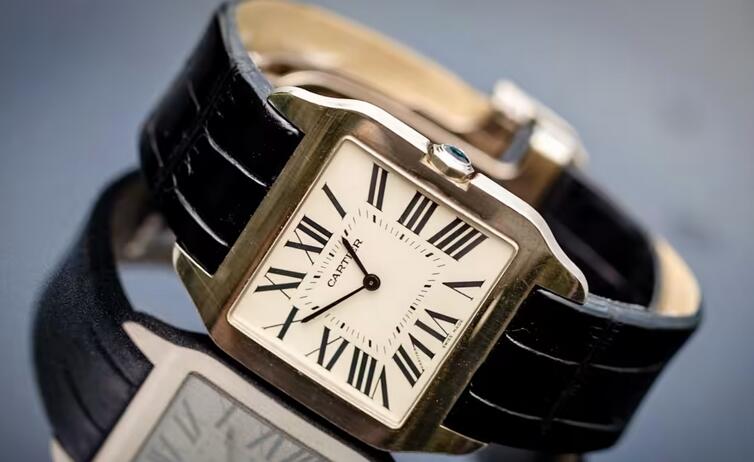Fans of AAA UK Cartier replica watches often face long waits to buy rare designs like a £28,000 platinum, asymmetric version of the iconic Tank. Shareholders of Richemont, the parent company of high quality Cartier fake watches, will need similar patience to see whether activist hedge fund Bluebell Capital Partners can catalyse changes at the luxury group controlled by 72-year-old chair Johann Rupert.
Since its public campaign began in July, Bluebell has asked for changes to the board structure and make-up, and urged Richemont to focus on its lucrative perfect replica Cartier watches and jewellery brands instead of unprofitable ecommerce and fashion ventures.
At first glance, the campaign looks quixotic. Bluebell only holds a small stake, and Richemont’s dual-class shareholding structure gives Rupert almost total power to pick directors and set strategy. His family holding company owns unlisted B shares that carry 50 per cent of the voting rights, despite only owning 9.1 per cent of issued capital.
But Bluebell has already won one concession. Richemont has agreed to its demand to nominate a board director specifically to represent holders of the listed A shares, something provided for in the bylaws but never applied.
Rupert has however categorically rejected Bluebell’s proposed nominee, Francesco Trapani, a luxury veteran who ran high-end jeweller Bulgari for decades before selling to LVMH and working for them until 2016. In a letter to shareholders, Rupert wrote the board could not “responsibly recommend” Trapani because he was too close to LVMH, a key competitor.
Instead, Richemont wants to name a current board member to the post — not exactly a sign of openness. It also rejected Bluebell’s other proposals to increase the minimum size of the board and mandate that A and B holders each had equal representation.
“There is no need to change our board, neither legally nor morally,” Rupert told a Swiss business paper. “I am not going to give in to coercion.”
Bluebell took the gloves off in a letter to proxy advisory firms ISS and Glass Lewis after they opposed Trapani joining the board. Richemont’s “historical long-term underperformance” was due to a “universally known shortfall in governance” — namely that Rupert acted like a “padre-padrone” who owned the whole company instead of a minority stake.
Richemont shares have offered total returns of about 70 per cent in the past five years, compared with the more than 200 per cent at rivals Hermès and LVMH and almost 100 per cent for Kering, according to Refinitiv data.
One sore point for investors has been how Richemont burnt billions on an unprofitable foray into ecommerce with the platform YOOX Net-a-Porter and then took almost a year to ink a deal to offload a majority stake in the business. Continued investment in subscale fashion brands such as Chloe and Delvaux does not make much financial sense, either.
Critics argue that focusing management attention on best Cartier copy watches could boost profits and help close the valuation gap with rivals.
Shareholders may use the window offered by Bluebell’s campaign to express discontent about these broader issues, including the question of who will succeed Rupert at Richemont. The billionaire has ruled out his children, but little else has been said publicly on the matter.
The activist pressure at Richemont carries lessons for other big luxury groups, which are mostly still controlled by founding families. While Richemont is alone in protecting family control with a dual-class structure, others enjoy double voting rights or the fortress-like commandite structure at Hermes.
Governance experts frown upon such measures, and there is a risk of nepotism when management roles are occupied by heirs. Yet investors have rarely challenged the legitimacy of luxury’s dominant families. Plus, governance was not a concern for investors when the sector was booming, as it has for much of the past decade, driven by the expansion of wealth in China and the seemingly insatiable appetites of rich Americans.
But analysts have predicted a slowdown in the coming quarters as inflation bites and consumers feel the pinch. If companies with shaky governance start to underperform, it leaves them more at risk that investors will demand changes.
That may well be the bet that Bluebell is making even if it loses the shareholder vote next week. It has already won a symbolic victory by forcing Richemont and Rupert to contend with its criticism. Like a watch collector on that high quality Cartier super clone watches wait list, the activist is playing a long game at Richemont.
Tags: Roman Numerals Fake Cartier Watches, Steel Santos De Cartier Replica Watches